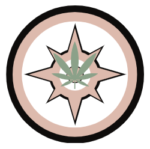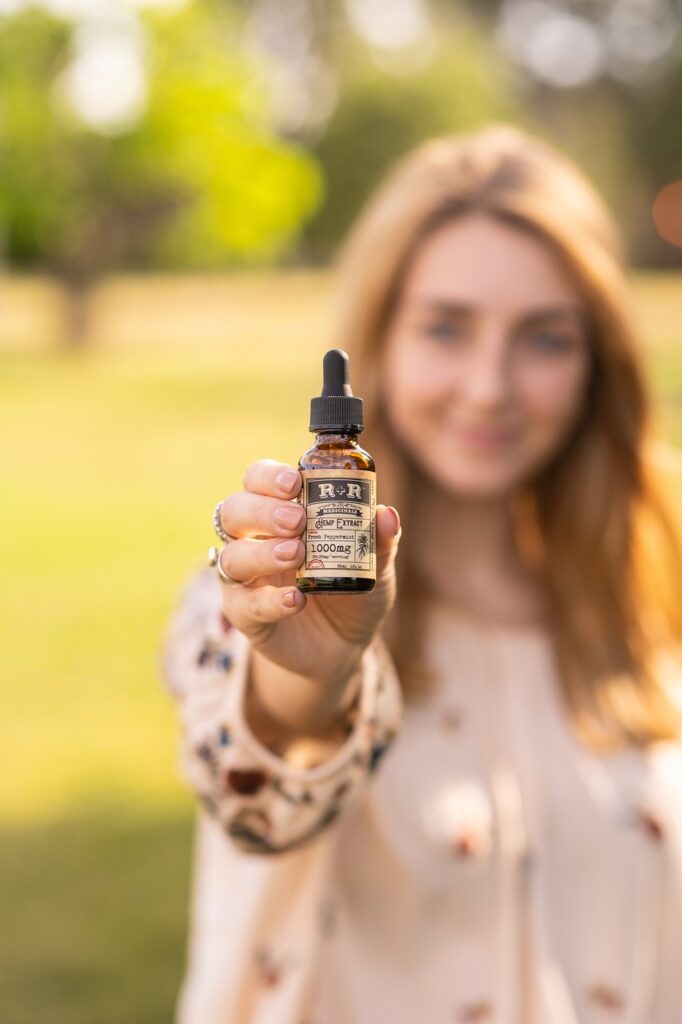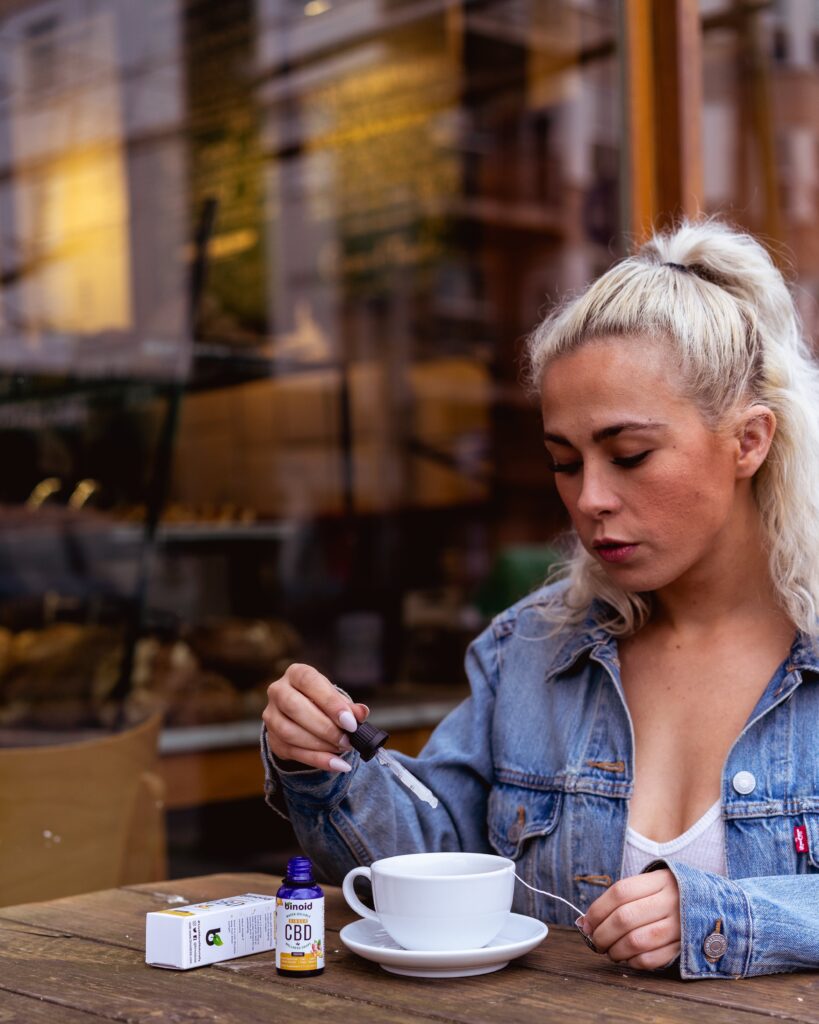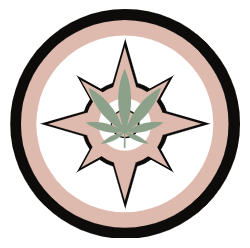As CBD continues to soar in popularity for its myriad health benefits, a common question looms large for those considering its use: Does CBD show up on drug tests? Let’s embark on a journey through the complexities of CBD and drug testing, unraveling the facts to provide you with a comprehensive guide and peace of mind.
Understanding CBD and Drug Tests:
- CBD vs. THC:
CBD (cannabidiol) and THC (tetrahydrocannabinol) are two prominent cannabinoids found in the cannabis plant. While both offer therapeutic properties, THC is the psychoactive compound responsible for the ‘high’ associated with marijuana. Most drug tests are designed to detect THC, not CBD.
- Types of CBD Products:
CBD products come in various forms, including full-spectrum, broad-spectrum, and CBD isolate. Full-spectrum products contain trace amounts of THC, while broad-spectrum and isolate products are typically THC-free. The likelihood of a positive drug test result is higher with full-spectrum products, but it still depends on the sensitivity of the test and the quantity of THC consumed.
- Dosing and THC Content:
The amount of THC in a CBD product varies. Legally, CBD products derived from hemp must contain less than 0.3% THC. However, repeated and high doses of full-spectrum CBD may accumulate THC in the body, potentially leading to a positive drug test.
- Drug Test Sensitivity:
Standard drug tests, such as urine tests, usually have a threshold for THC detection. While it’s rare for low THC levels from legal CBD products to trigger a positive result, individuals who consume large amounts of CBD or use full-spectrum products may be at a slightly higher risk.
Tips for Minimizing Risk:
- Choose THC-Free Products: Opt for CBD isolate or broad-spectrum products if you’re concerned about THC showing up on a drug test. These formulations are designed to be THC-free.
- Know Your Source: Purchase CBD products from reputable sources that provide third-party lab test results. This ensures transparency regarding the THC content in the product.
- Monitor Dosages: Be mindful of your CBD dosage, especially if you’re using full-spectrum products. Lower doses reduce the likelihood of accumulating THC in your system.
Conclusion:
In the vast landscape of CBD and drug tests, knowledge is your greatest ally. While the risk of a positive result is minimal for most CBD users, it’s crucial to understand the factors at play. By choosing THC-free products, monitoring dosages, and being aware of the THC content, you can confidently incorporate CBD into your wellness routine without fear of unwanted surprises on a drug test. As with any supplement, informed decisions are key, ensuring a harmonious balance between the benefits of CBD and peace of mind.
At Cannawaze, we’re passionate about CBD education and empowerment. Whether you’re new to CBD or seeking deeper insights, we’re here to guide you. It’s my hope that this blog helps empower you with the knowledge to make informed decisions about CBD usage and enhance your wellness journey. ~ Sharon Centrone



